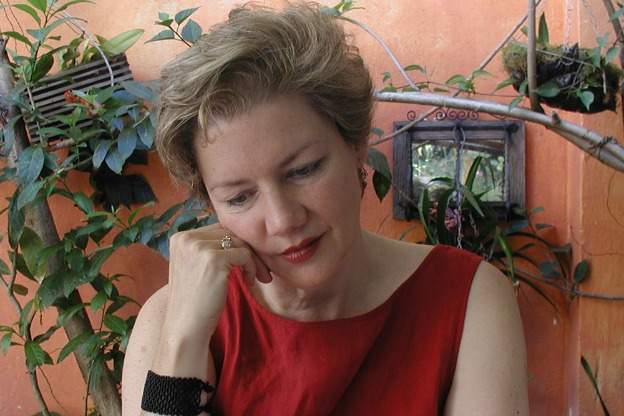
Duo Geminiani
Violinist Stanley Ritchie and harpsichordist Elisabeth Wright have been performing together as members of Duo Geminiani since 1974 and continue with concert engagements some four decades on. The duo, named after the 18th-century Italian born composer Francesco Geminiani has certainly performed a good bit of music by Geminiani but is perhaps more well known for their performances of Bach.
A 1983 Focus recording of Bach's sonatas for Violin and Obbligato Harpsichord has thankfully been re-issued, making the hard-to-get recording once again accessible to listeners.
More recent Bach ventures find Duo Geminiani going solo.
Elisabeth Wright:Â Reasoned Madness
Elisabeth Wright has released a CD of Bach's solo harpsichord music in a recording she has called Reasoned Madness, and Stanley Ritchie has released his long awaited interpretation of Bach's Sonatas and Partitas for solo violin.
Aristotle said, "No great genius has ever existed without some touch of madness," and the Nobel Prize winning French author Andre Gide once wrote, "only those things are beautiful which are inspired by madness and written by reason."
It is the balance of reason and madness that Wright finds in Bach's keyboard music-what she calls in her liner note an "uninhibited imagination" tempered by "keen intellectual reason."
Given its title, Reasoned Madness, Wright's recording opens appropriately with Bach's Chromatic Fantasy and Fugue. Also included is Bach's E minor Toccata. Listeners get to hear Bach's "amped up" contrapuntal reason in the closing fugue that borrows from a theme by Marcello. It's a magnificent fugue, and Bach keeps the energy high all the way to the end.  The fluid counterpoint "keeps its nose to the grindstone," as Wright explains, "before dissolving into a typical improvisatory gesture at the end."
Reasoned Madness also includes a performance of Bach's A minor Fantasia and Fugue, but the CD closes with the D minor English Suite, No. 6. Out of all the English Suites, it's this one in which Wright finds the greatest range of contrasting affects within the constraints of a typical baroque dance suite. A full range of characters emerge from graceful gavottes to a "diabolical" gigue.
Along with virtuosity, grace and elegance are defining qualities of Elisabeth Wright's playing. Every bit the same musical mentality of violinist Stanley Ritchie, this other half of Duo Geminiani also has his own recent solo recording dedicated to the music of J.S. Bach.
Stanley Ritchie: Sonatas and Partitas for Solo Violin
Released on the Musica Omnia label, Ritchie's Sonatas and Partitas for Solo Violin add to a long discography of the works once considered by many pre-eminent early and mid 20th-century violinists as etudes or exercises.
Luckily, the tide is changing.
We learn from Ritchie's "Personal Word" in the introduction to his recording just how much these pieces represent his own lifelong journey with the violin. As a student, Ritchie found playing Bach's solo sonatas and partitas "an unpleasant chore" and felt puzzled by how to approach them knowing as a 20th-century person very little of the 18th-century dance, expression, notation, and improvisatory style that defined Bach's compositions.
Since picking up the baroque violin though, Ritchie has spent decades teaching and performing the sonatas and partitas, fed by an ever growing body of knowledge of 18th-century performing practice. In that span of time, he has gradually come to his own interpretation, be it a fluid and ever changing one!
A sense of spontaneity pervades Ritchie's recording in more ways than one. Ritchie set out on this recording project without any grand notions-it was to be at first a limited endeavor.
There was a church and sound engineer available for four days in Italy during which time Ritchie was only going to record a few of the sonatas and partitas out of what he calls his "desire to document, in an aural sense" his interpretive ideas.
But as day three drew to a close, only the C major sonata was left to record…so, why not? It's perhaps the unplanned nature of this disc that infuses it with that extra dose of musical spontaneity.









